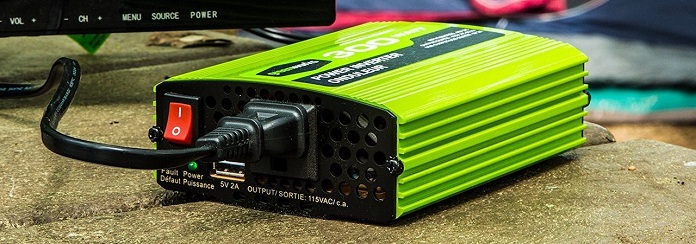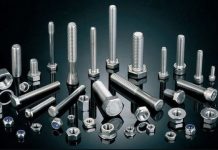

Power inverters are electronic devices with a single purpose – to convert DC power into AC power. There are many different types of power inverters available on today’s market, and while having more choices is definitely an advantage, it can easily become a disadvantage for the uneducated buyer. The many types, features, and specifications can leave you scratching your head wondering what model is the best for your intended use. That being said, here are a few guidelines that will help you make the right buying decision.
First and foremost, when shopping for power inverters, always go for a pure sine wave inverter if your budget allows it. Most new appliances and devices require stable energy, which can’t be provided by modified sine wave inverters. Moreover, pure sine wave inverters are typically built with better components, which increases the overall quality of the power semiconductor devices.
Next, always get power semiconductor devices that have more capacity than you actually require. For instance, if you only need 2000 watts of power, it’s recommended that you get a unit that can provide at least 3000 watts of power, in order to allow room for growth. This is simply to ensure that the devices and the inverter stay safe in case the devices go over the maximum capacity of the inverter.
Furthermore, you should get a general idea of the price range of quality inverter models. Generally speaking, if you find a power inverter at a price that looks too good to be true, it probably is. A lot of power inverter manufacturing companies buy mass-produced products from China, which are built without any quality, engineering or product input, and they only thing they do is stamp their logo on them. Quality engineering and testing are what makes inverters better, not their price. So it’s a good idea to spend an extra bit of money and buy a reliable, durable power inverter from a reputable brand, instead of going for a cheap one that you’ll have to replace sooner than you’d like, and end up having to buy another one, which may end up costing you more money than buying one quality inverter.
Lastly, don’t confuse power inverters with power converters. Power inverters transform DC power into AC power, while power converters convert your 120 VAC power into 12V DC power. For that reason, being well-informed on the subject is of crucial importance for making the right decision and getting the most value for your money.















